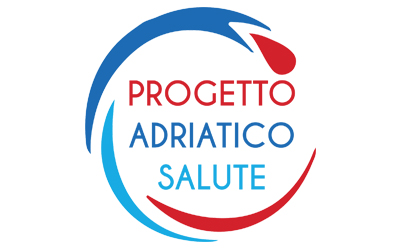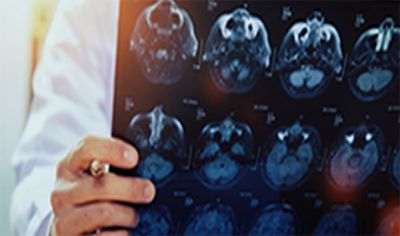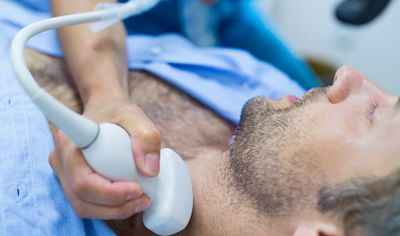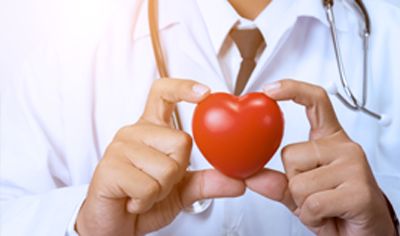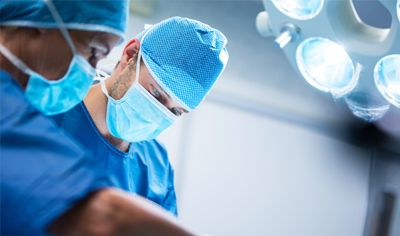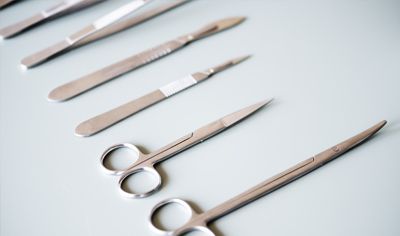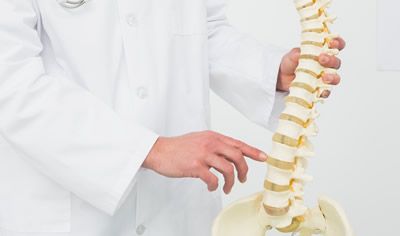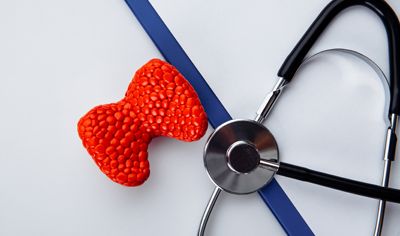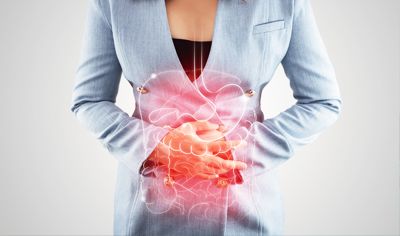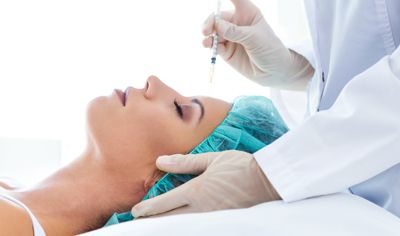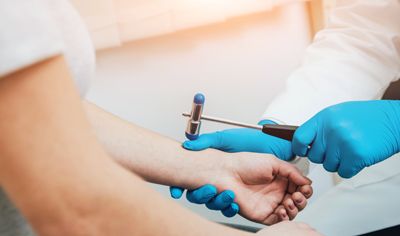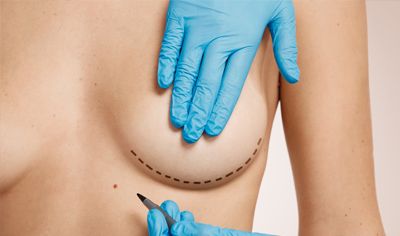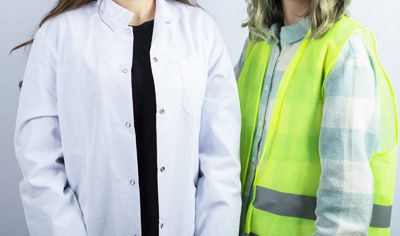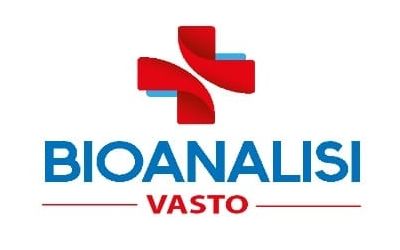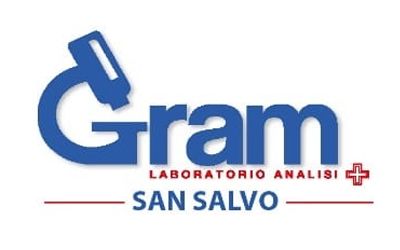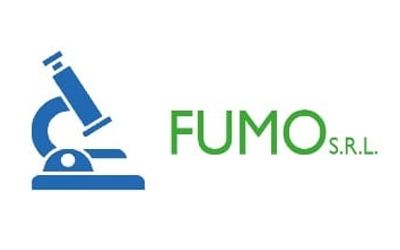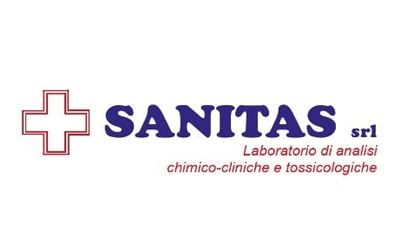Una dieta povera di carne previene il rischio di malattie
Un recente studio inglese ha dimostrato che diminuire l'uso di carne rossa ed in genere di carne lavorata fa doppiamente bene poiché previene il rischio di malattie croniche e migliora la qualità dell'ambiente in quanto riduce l'emissione di gas dannosi.

Lo studio, pubblicato all’interno del British Medical Journal, è stato condotto da L.M. Aston, J.N. Smith e J.W. Powles dell'Università di Cambridge e dimostra che consumare poca carne riduce l'incidenza di malattie coronariche, diabete mellito e cancro del colon-retto di una percentuale che varia dal 3 al 12%.
Secondo Louise Aston, la ricercatrice a capo dello studio: “Ridurre il consumo di carni rosse significherebbe abbattere l’incidenza di patologie croniche fino al 12%, ma anche eliminare l’emissione di 28 milioni di tonnellate di anidride carbonica all’anno solo in Inghilterra”.
Se secondo questo studio, condotto su uomini e donne tra i 19 ed i 64 anni, la dose massima giornaliera di questo alimento dovrebbe essere di 53 grammi per gli uomini e di 30 grammi per le donne, in verità i consumi risultano essere ben più elevati e pari rispettivamente a 91 gr per il sesso maschile e 54 gr per il femminile.
Attenzione a tutti i cibi che non hanno le sembianze di bistecca ma che in realtà sono carne lavorata, come prosciutto, ripieni per pasta e condimenti vari: dovrebbero essere tutti contati nella propria dieta all'interno della porzione massima consentita sopra citata.
Questo studio ha evidenziato anche come consumare 50 grammi in più di carne rossa al giorno aumenti del 42% la probabilità di incorrere in malattie coronariche, del 19% di sviluppare il diabete di tipo 2 e del 18% di tumore all’intestino.
fonte: BMJ Open. 2012 Sep 10;2(5).
Impact of a reduced red and processed meat dietary pattern on disease risks and greenhouse gas emissions in the UK: a modelling study.
Source
Department of Public Health and Primary Care, Cambridge, Institute of Public Health, University of Cambridge, Cambridge, UK.
Abstract
OBJECTIVES:
Consumption of red and processed meat (RPM) is a leading contributor to greenhouse gas (GHG) emissions, and high intakes of these foods increase the risks of several leading chronic diseases. The aim of this study was to use newly derived estimates of habitual meat intakes in UK adults to assess potential co-benefits to health and the environment from reduced RPM consumption.
DESIGN:
Modelling study using dietary intake data from the National Diet and Nutrition Survey of British Adults.
SETTING:
British general population.
METHODS:
Respondents were divided into fifths by energy-adjusted RPM intakes, with vegetarians constituting a sixth stratum. GHG emitted in supplying the diets of each stratum was estimated using data from life-cycle analyses. A feasible counterfactual UK population was specified, in which the proportion of vegetarians measured in the survey population doubled, and the remainder adopted the dietary pattern of the lowest fifth of RPM consumers.
OUTCOME MEASURES:
Reductions in risks of coronary heart disease, diabetes and colorectal cancer, and GHG emissions, under the counterfactual.
RESULTS:
Habitual RPM intakes were 2.5 times higher in the top compared with the bottom fifth of consumers. Under the counterfactual, statistically significant reductions in population aggregate risks ranged from 3.2% (95% CI 1.9 to 4.7) for diabetes in women to 12.2% (6.4 to 18.0) for colorectal cancer in men, with those moving from the highest to lowest consumption levels gaining about twice these averages. The expected reduction in GHG emissions was 0.45 tonnes CO(2) equivalent/person/year, about 3% of the current total, giving a reduction across the UK population of 27.8 million tonnes/year.
CONCLUSIONS:
Reduced consumption of RPM would bring multiple benefits to health and environment.
